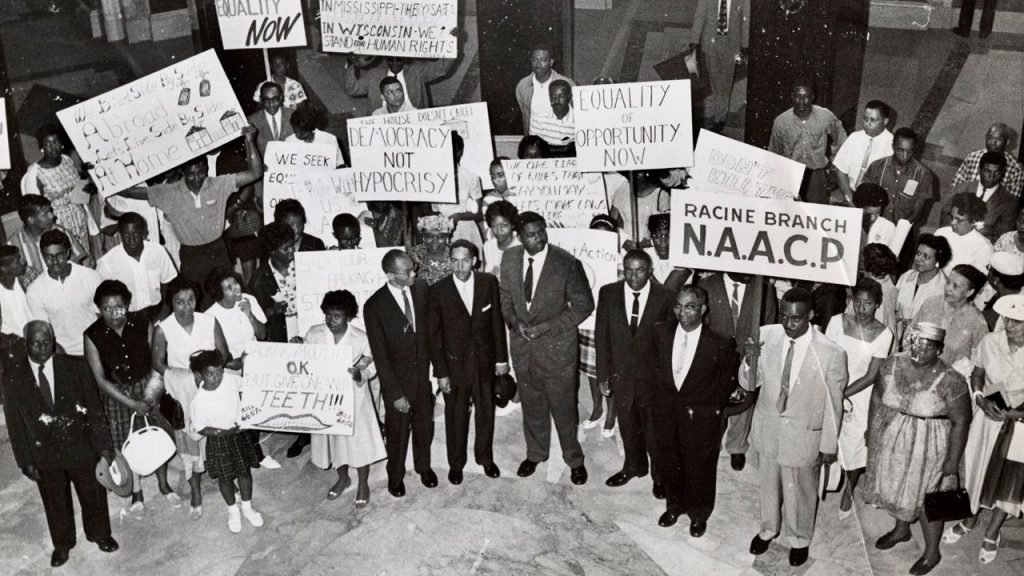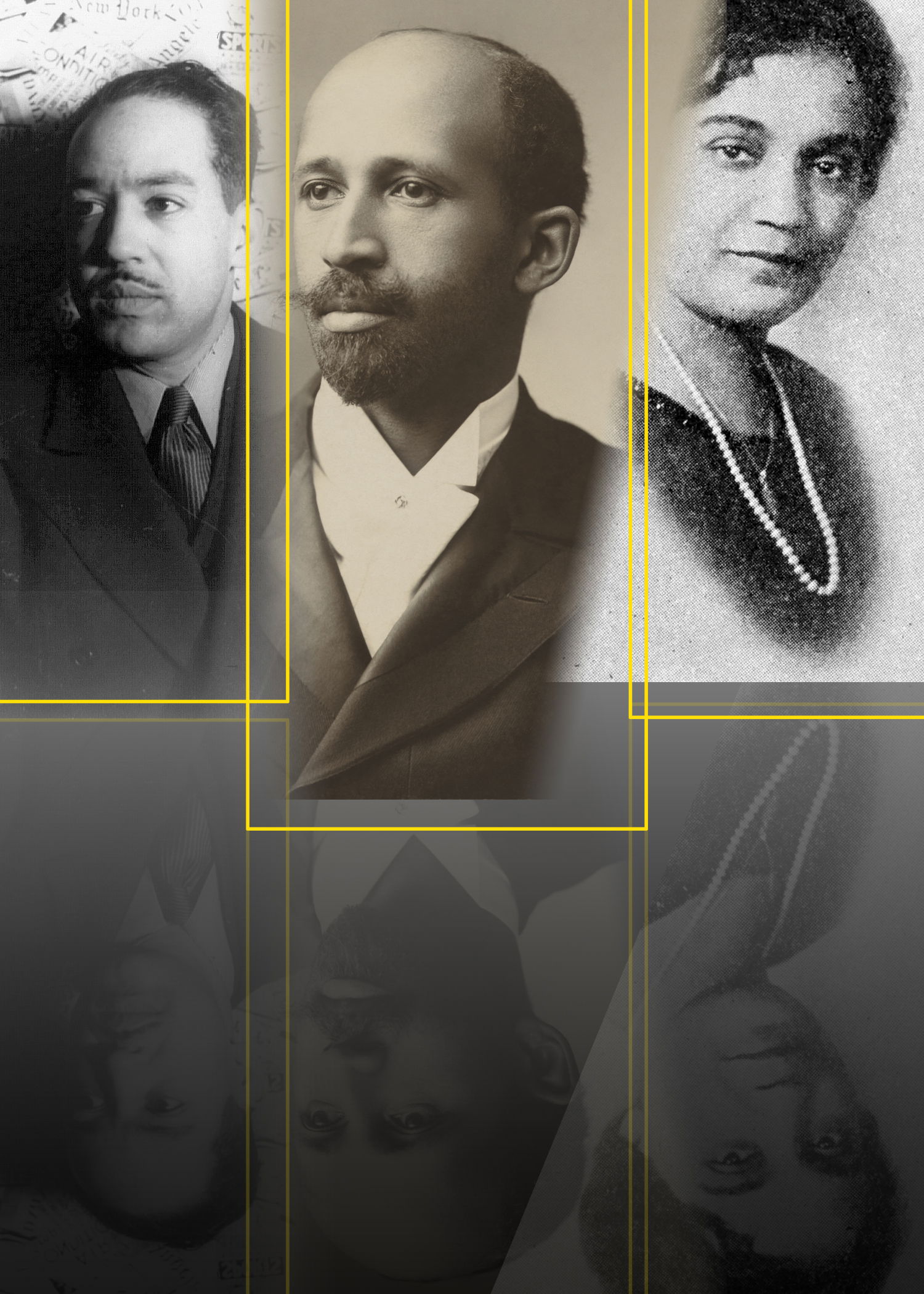It’s US Black History Month (BHM), and we are taking a deep dive into the prominence and legacy of The Harlem Renaissance.
Also known as the Black Renaissance or the New Negro Movement, The Harlem Renaissance elevated Black art, music, dance, and culture. It spread across the United States, giving it the national recognition it deserved.
This spread happened as 300,000 African Americans migrated from southern states to northern cities like New York, Washington, D.C., and Chicago. After the first World War and the onset of the Industrial Revolution, Black communities sought ways to connect better. They sought ways to support one another during the Great Migration.
The segregated south made it difficult to practice self-expression. In addition, the negative outlook many white southerners had about Black people stifled the latter’s social and economic growth.
The Harlem Renaissance rose to prominence in Harlem, New York, for which it’s named. Harlem became known as the Black Mecca and the epicenter of the renaissance. Many businesses and the dominant nightlife scene highlighted how the people embodied a natural sophistication and fierce intelligence that they could not be ignored.
Prominent Black figures
Black literature gained the spotlight through the works of W.E.B. Du Bois, Jessie Redmon Fauset, and Langston Hughes, who were now successful in major publications. Many other prominent Black figures rose out of this movement. This includes Zora Neale Hurston, Aaron Douglass, and Louis Armstrong, to name a few.
The National Association for the Advancement of Colored People, or NAACP, was home to many of these figures. The organization fiercely combatted injustices like lynching, voter rights, and inequalities in education. Perhaps one of the most prolific tells of these writers, artists, and musicians is they doubled as activists and speakers on the Black experience.

Compared to today’s popular artists, the Harlem Renaissance bred a Black Power movement. They were members who were loud and proud of their experiences. They did not shy away from the positive or negative aspects of life. Elegantly, they displayed their art in spaces where they could be seen and heard.
This is why The Harlem Renaissance is one of America’s most influential times. The level of social consciousness and oneness seamlessly created a code of conduct for African Americans. Their determination and pride even went on to become the foundation of the Civil Rights Movement.
That same determination and pride can be seen within the diaspora today. There is a development to create equity in all aspects of life despite its challenges.
The global Black community today
Much like the revolutionaries of the Harlem Renaissance, members of today’s global Black community are displaying the right to be seen and heard. Social unjust is combatted through organizations and movements like Black Lives Matter.
As we push forward, we are inspired by the collective power of Black artists and creatives, both past and present. We are doing our part here at BYP in furthering their efforts with our BY-Peers groups across the diaspora, empowering leaders to resist racism and biases. We welcome you to explore your By-Peers groups in your area or lead your own tribe.
Find out how else you can get involved with Black History Month
Based in the United States? Connect with us
We are excited to be hosting leadership summits in the US this year in May, helping to tackle some of the issues that Black professionals face across various industries and empower them in the workplace and beyond.
Topics we’ll be exploring include:
- Corporate America: how to get to the top
- Changing the Black narrative
- Recession proofing: how to survive through the downturn
- United across borders: advancing globally
Register your interest now to be the first to hear of ticket discounts, programme updates and news. Don’t miss your chance to connect with hundreds of Black professionals and trailblazing speakers!






